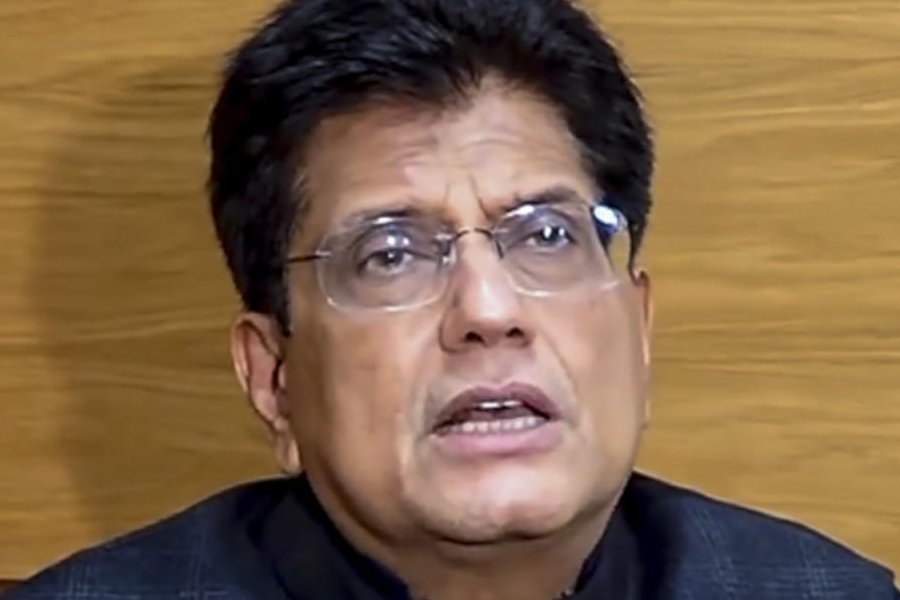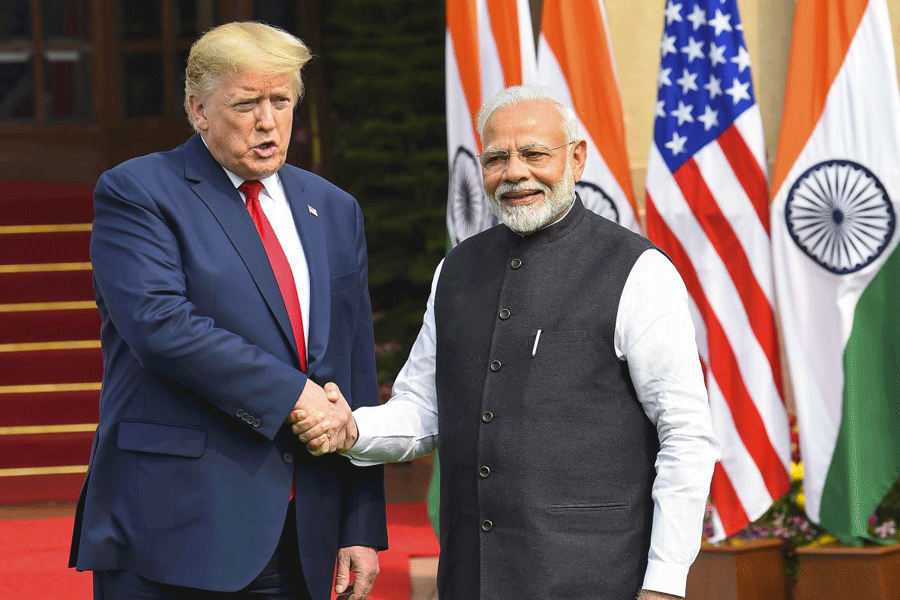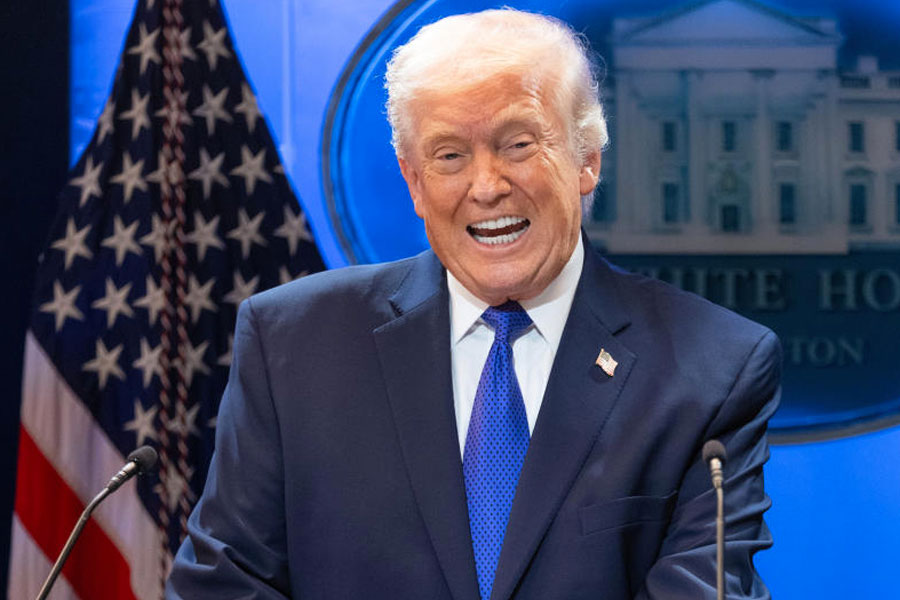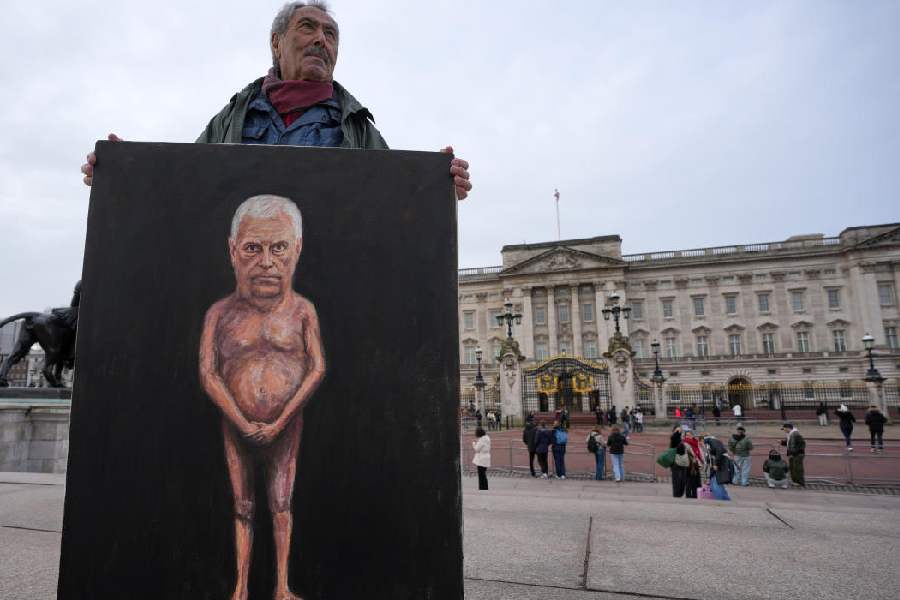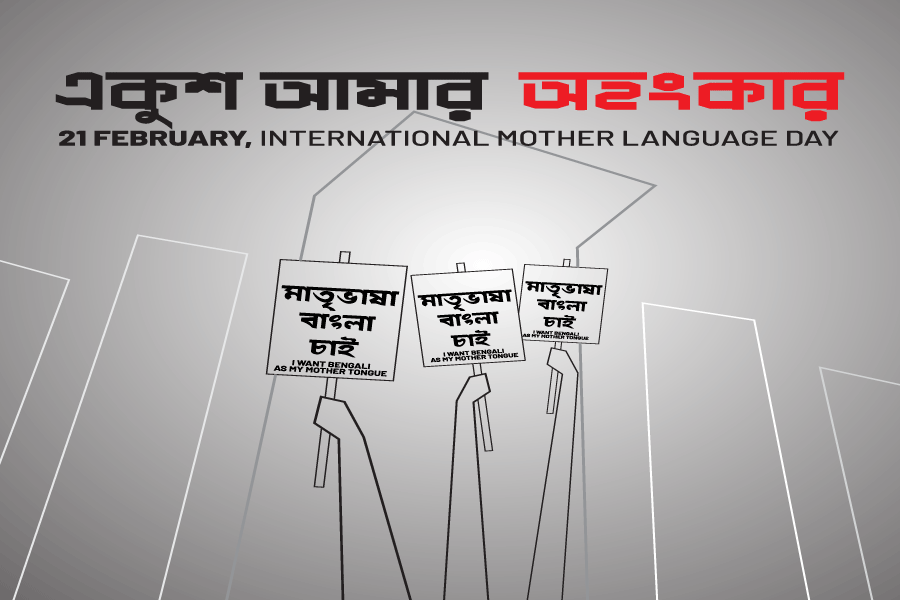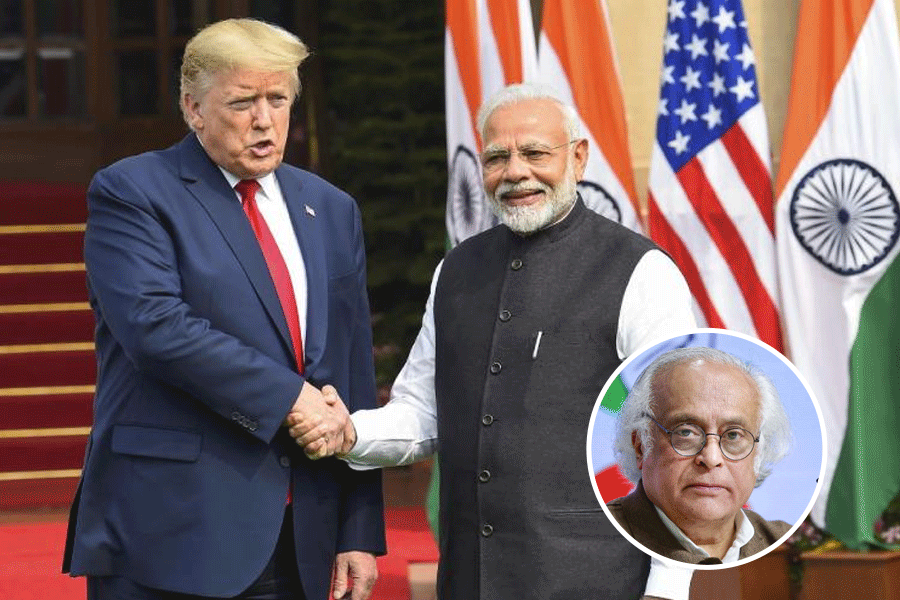|
|
Latin America was, in the 1950s, mostly a cluster of banana republics in the firm grip of military dictators who had not a thought in the world. Their cockiness had a firm basis: they were under the benign protection of the state department in Washington, DC and the Pentagon across the Potomac. Playboys from these supposed republics, offspring of the ruling juntas, would come to the United States of America on the pretext of pursuing higher studies and have a rollickingly good time in Las Vegas, Palm Beach, and other such bracing places. One of them, equipped with a low-grade bachelor’s degree from an obscure university in Montana or Nevada, would perhaps turn up at Washington, DC. Eager to stay on in the US, he would seek a job with the World Bank or the International Monetary Fund. He would carry a strong recommendation from his country’s ambassador. A senior Bank or Fund official would receive him with deference. At the end of a longish conversation over lunch at the Fund-Bank executive dining room, the Fund/Bank functionary — invariably a US citizen — would politely inform the young aspirant of some technical difficulty to absorb him in the international institution; his academic record was not exactly A plus plus; besides, he had unfortunately no previous experience. But, please, there should be no hard feelings; should he be interested, Fund/Bank authorities might sponsor his name as his country’s finance minister, would he like to go back home? In case the playboy would respond positively, wheels would start moving, a Fund (or Bank) big shot would get in touch with the state department, which in turn would discuss the matter with the Pentagon; the brat would fly back to Asunción or Caracas, whatever it be, and take over as finance minister of his native land.
The above narrative is no doubt apocryphal; it is, however, not an altogether unfair representation of the reality in that era. The banana republics could be so because these were US protectorates, the generals ruled by the leave of the US, which played the role of Uncle Sam to the hilt, often to the extent of naming persons of their choice for a key slot in this or that country’s administrative hierarchy. The arrangement was taken as granted at both Washington, DC and Asunción/Caracas ends and there was no question of consulting the vox populi.
An extraordinary transformation has taken place in the landscape over the past decades. The banana republics have disappeared, cheeky upstarts like Chavez and Morales have spoiled the broth for the US. Foggy Bottom is no longer in a position to handpick the army chief of staff or the finance minister of Paraguay or Venezuela.
Latin America would however seem to be out of step with history since in the rest of the world, US dominance has increased by leaps and bounds. The Soviet Union is gone, the Chinese leadership, obsessed by the goal of making giant strides in national economic growth, has relegated way down to the bottom the agenda of international solidarity of oppressed peoples. China’s growth model itself is awesomely dependent on tacit American collaboration. That apart, those pygmies who tried to create a bit of nuisance with their alignment of so-called non-aligned nations for some while have comprehensively lost their profession following the eclipse of the socialist bloc. The US, as a result, faces no competition or hindrance in pursuing its single-minded objective of establishing absolute hegemonic control over the globe. The incumbent president of the US has been as candid as he could be: his country and its allies — read loyal flock — have taken over as leaders of the world, period. Whether they have done so with the consent of the different entities constituting the world is a query considered not worth answering.
The only cloud on the horizon is the emergence of Islamic terror, so styled, here, there and everywhere. The self-appointed global super-guardians are determined to stamp out, mercilessly, that scourge. All told, the US, the mightiest and richest of countries, is confident that its position is beyond challenge and things would remain that way for ever. The banana republics in South and Central America might have withered away, but hopefully circumstances are propitious for the birth of similar species in the other nooks and corners of the world.
All this can hardly be regarded as empty boast. Consider, for instance, the state Pakistan is in. Ever since the late 1950s, ruling groups there have been in the habit of running to Washington, DC, seeking protection against malign forces allegedly intending to do their country in; they obviously meant India. John Foster Dulles, hell-bent on extending the network of regional defences against ‘the red scourge’, did not let go of the opportunity this obsession over India provided. Pakistan was entrapped by defence treaties. The story from then on has been one of increasing American involvement in the country’s affairs; at the same time, it became second nature for important factions — political, military or whatever — to plead for intercession of the US on their behalf in a domestic squabble. The sequence was predictable. Even as the magnitude of its military and economic aid to Pakistan kept mounting, insistence on the part of US officials to have a larger and larger say in the country’s foreign and domestic policies also grew. Pakistan’s defence and intelligence apparatus passed under American tutelage, indolent politicians got totally suborned. The country’s special relationship with China, too, was on basis of the leave of the US.
Pakistan remained under army rule with occasional shaky experiments with civilian governance. Such internal developments did not interrupt the inexorable process of US takeover, so much so that American presence was an integral element of the Pakistan polity. Conditioned reflex, Benazir Bhutto, fearing assassination by unnamed enemies — a fate she could not finally avoid — sent a plaintive appeal to the US to provide her security in her own country.
Meanwhile, other forces had been at work; the core of threat perception gradually shifted from India to the Taliban. Some resentment against American overbearingness must have welled up in significant quarters, of which advantage was taken by fundamentalist groups like al Qaida and the Taliban who succeeded in making deep inroads into Pakistan’s intelligence and defence networks as well as civil administration. Paradoxically or not, this nudged many politicians alongside senior army officers and civil servants to cave in, even more abjectly, to US pressure. The Osama bin Laden killing has now clinched the point: Pakistan has ceased to be a sovereign nation and has slipped into the status of a banana republic subservient in practically all respects to the US.
The mess in Pakistan has fostered some sort of smugness among smart alecs in India. But are we in any better shape? Exports, especially of services, are booming, foreign institutional investors are flocking in, the affluent set had never had it so good, there is hardly any visible manifestation of anger at the blatant nonchalance with which hucksters are making a mockery of the pompous pledge to usher in inclusive growth. The ruling establishment is nonetheless in dire straits on account of the aggressive stance of the Supreme Court on the issue of black money, which in turn stirred social activists into launching stray protests.
Unsure of itself, it has descended to the level of trying to negotiate a deal with a rabble-rousing godman of odious antecedents and, when the negotiations collapsed, ineptly lashing out at him, thereby worsening the situation. Almost simultaneously, its internal contradictions are out in the open. State-level electoral reverses have added to the worries. Overshadowing all else is apprehension over where the nation’s highest judiciary might strike next.
Fear of the imminence of surcease supposedly clears the mind. In certain circumstances, it may lead to loss of mind too. The nation’s largest political party is facing a crisis of existence. It is now politically on much wobblier ground to be tempted to repeat the grand adventure its imperious leader had embarked on in 1975. Were it firm in its resolve to go astray, it might still cry uncle and run to the noble and great strategic ally its prime minister worships to step in and rescue it, pronto, from internal enemies who were doubtlessly in league with global terror. Would not this be an exact replica of the Pakistan paradigm and amount to admitting that the concept of a banana republic was no longer repugnant along our shores either? However, in this kind of game the Bharatiya Janata Party, given its common class base with the Indian National Congress, was bound to offer tough competition; the BJP would have the additional advantage of being a greater enthusiast for the war against global Islamic terror.
With India’s two major political formations vying with each other to prove their fidelity to it, it would be eternal springtime for the US in the subcontinent.



